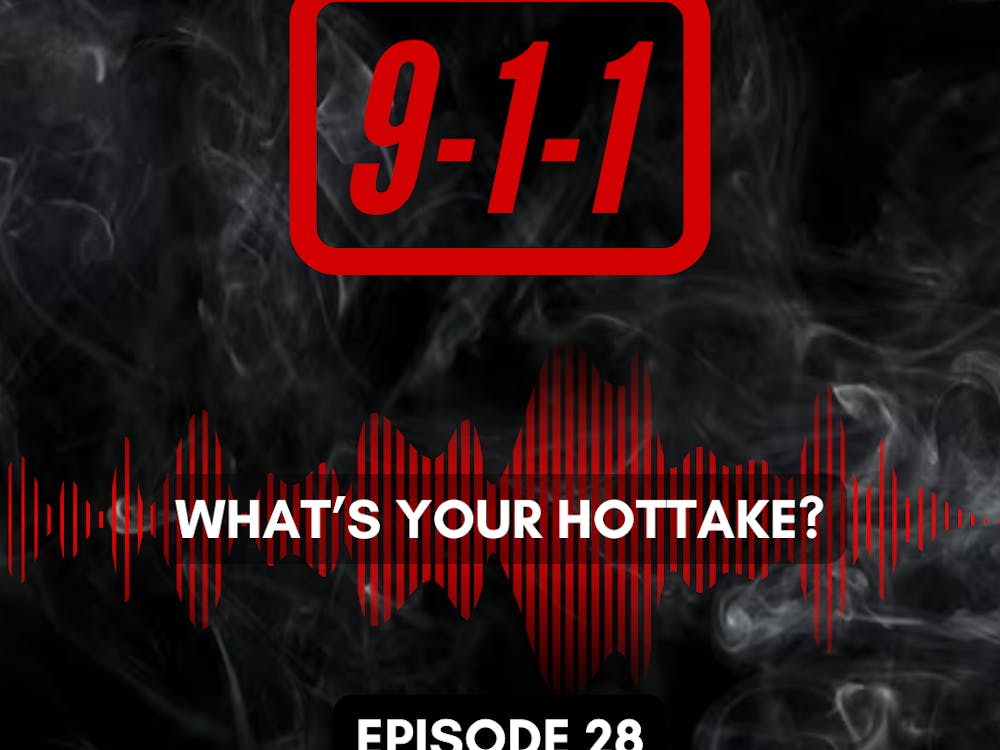YouTube has not started 2019 off on the right foot with many groups. The platform has come under fire recently for their supposed compliance with what many believe to be dangerous to people, particularly children.
Anti-Vaxx
YouTube has recently begun demonetizing videos by anti-vaxx (anti-vaccination) channels by saying they violate YouTube’s guidelines and are “dangerous and harmful.” This comes after companies started threatening to pull all of their ads from the site when they discovered their ads were playing on anti-vaxx videos. Instead of running ads on these videos, YouTube began linking these videos to a Wikipedia page for “vaccine hesitancy.” This Wikipedia page lists types of vaccines and reasons they are beneficial. Most notably, the site lists vaccine hesitancy as one of the top 10 health threats for the world for 2019.
In addition to the ad change, YouTube is also blocking these videos from appearing in its recommended section.
YouTube Kids
The kids section of YouTube had a creepy character from last year resurface. The Momo Challenge is a viral “challenge” where people would talk to a creepy character who would supposedly entice children into doing dangerous things, including self harm.
A Facebook post recently went viral with a woman saying she stumbled upon Momo in a video her child was watching. Videos on YouTube Kids would have kid friendly thumbnails and start off kid friendly, but partway through the video they would become very disturbing. This left parents to become terrified for their children and questioning why YouTube was not acting on this.
YouTube addressed this with a tweet saying “We’ve seen no recent evidence of videos promoting the Momo Challenge on YouTube. Videos encouraging harmful and dangerous challenges are against our policies.” They also asked parents to flag these videos if they do see them come up.
Philip Defranco recently came out and exposed this challenge as what he calls "a hoax." He made it clear that it is possible that these creepy videos could exist on the platform, but they are not as common as the stories make parents think. YouTube also began demonetizing videos that promote the challenge, or even discuss Momo at all.
Pedophiles
YouTube had more controversy arise when YouTuber Matt Watson, known on the platform as MattsWhatItIs, posted a video exposing what he felt was Youtube’s algorithm allowing pedophilia on the site.
He explained that many pedophiles are commenting disturbing things under children’s videos and sharing contact information with each other.
Since Watson’s video was posted, advertisers have been leaving the site. Bloomberg reports that Disney has completely pulled it’s advertising from the site, and other companies like Epic Games and Nestle have frozen their ad spending until YouTube finds a way to fix this issue. YouTube responded to this quickly to try to keep advertisers on the site. They began turning comment sections off on channels and videos that they felt were susceptible to pedophiles.
While some see this as a step in the right direction, YouTube is still getting a lot of criticism because of reports alleging this has been an issue on the site since 2017, but the company did not try to take a stand until advertisers started to pull out. An article by New York Post from 2017 explains a very similar issue to what YouTube is facing right now.
YouTube stated in a policy update that for now they will be turning off comments on certain videos, but they are working on a system that will find and delete disturbing comments. They claim it will find twice as many comments as it had been previously, and they will be deleting accounts that comment inappropriate things on children’s videos. YouTube also is claiming to insure that these measures they are taking do not affect the content creators on the platform, just the individual commentators on the site.
Sources: Buzzfeed, Wikipedia, Forbes, Verge, Atlantic, Bloomberg, Naked Security, NPR, Variety, Adweek
Images: Flickr



















